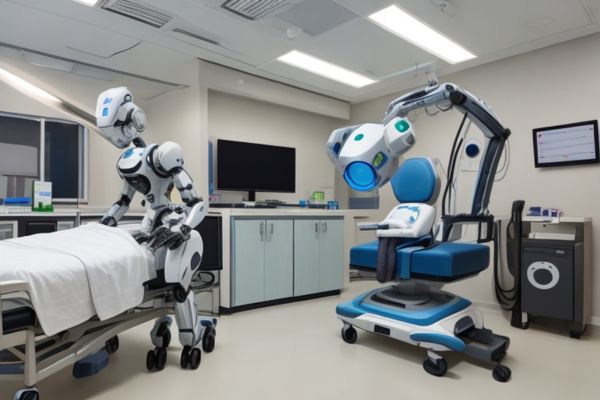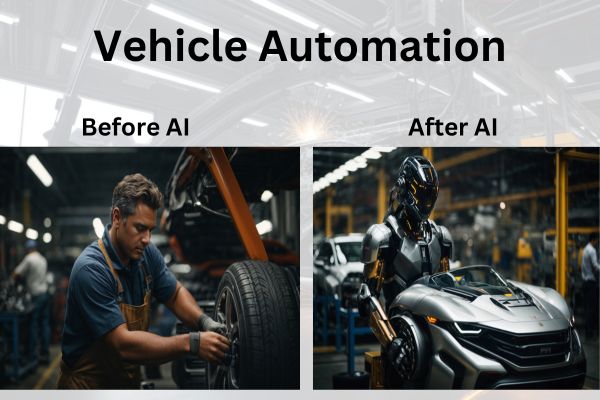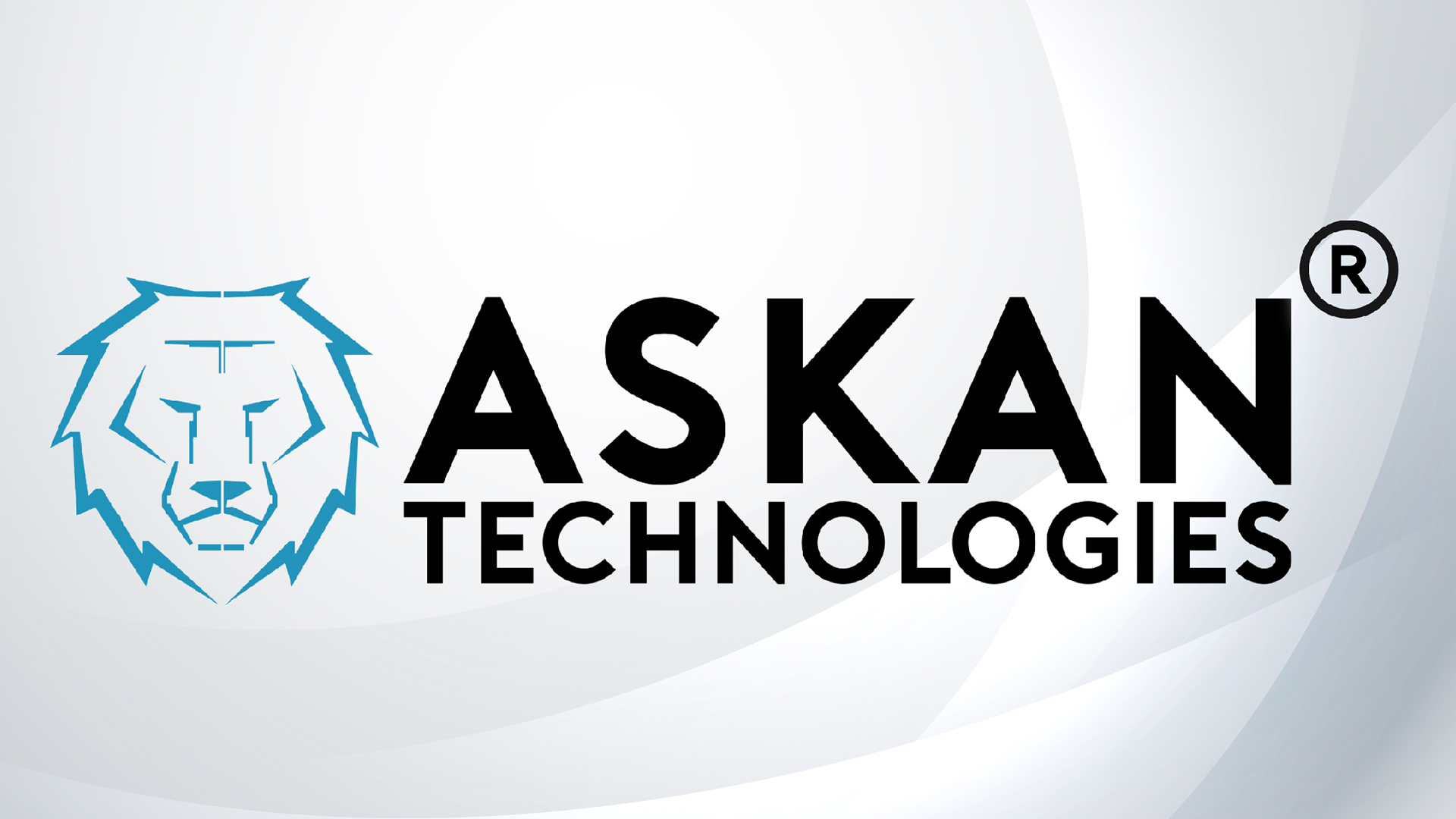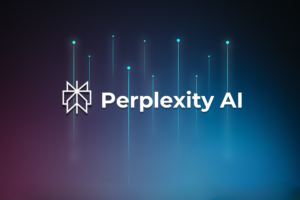Artificial Intelligence, it's a game-changer in today's tech-driven world. You see its impact everywhere, from those spot-on recommendations on your streaming service to self-driving cars navigating our city streets.
AI isn't just transforming industries; it's revolutionizing them. It's making healthcare more precise, finance more efficient, and manufacturing incredibly automated.
But AI isn't stopping there. As its technologies evolve and mature, the possibilities are limitless. It's not just about solving complex problems; it's driving innovation and shaping the future.
However, with this rapid expansion, important questions arise. How do we ensure AI develops responsibly? How do we navigate the ethical and societal challenges it presents? It's not just about coexisting with machines; it's about thriving in an AI-powered world. Welcome to the future.
1. Understanding Artificial Intelligence
Artificial Intelligence, often abbreviated as AI, is like giving machines a brain and the ability to learn from experience. It's a cutting-edge technology that covers a wide range of capabilities, including machine learning, natural language processing, computer vision, and even robotics.
AI empowers machines to do something incredible: analyze massive amounts of data, spot hidden patterns, and use that insight to make smart decisions or take action.
The true power of AI lies in its knack for automating tasks that were once reserved for humans. This means efficiency and productivity levels are soaring. But that's not all. AI is also our partner in problem-solving, helping us make informed decisions and ultimately enhancing our quality of life.
2. AI Technologies and Tools
AI technologies and tools are the building blocks that enable the development and deployment of AI solutions. Machine learning algorithms play a crucial role in AI by enabling machines to learn from data and improve their performance over time. Deep learning, a subset of machine learning, focuses on developing neural networks that mimic the structure and function of the human brain.
Natural language processing (NLP) allows machines to understand and interpret human language, enabling applications such as voice assistants and chatbots. Computer vision empowers machines to perceive and interpret visual information, enabling applications like facial recognition and object detection.
Furthermore, robotics combines AI with mechanical engineering to create intelligent machines that can perform physical tasks. These technologies, along with others, form the foundation of AI and are driving its transformative impact across industries.
3. AI Applications Across Industries

AI has the potential to revolutionize numerous industries by automating processes, improving decision-making, and enhancing customer experiences. Let's explore how AI is transforming industries such as healthcare, finance, manufacturing, and e-commerce.
A. Healthcare
In the healthcare industry, AI is being used to improve diagnostics, develop personalized treatment plans, and enhance patient care. Machine learning algorithms can analyze medical images, such as X-rays and MRI scans, to detect abnormalities and assist radiologists in making accurate diagnoses.
AI-powered chatbots are also being utilized to provide personalized healthcare advice and support to patients.
Additionally, AI is playing a vital role in drug discovery and development. By analyzing vast amounts of biomedical data, AI algorithms can identify potential drug candidates and predict their efficacy. This has the potential to accelerate the development of new drugs and improve patient outcomes.
For instance, the startup Insilico Medicine utilized Pharma.ai AI to identify a potential drug candidate for fibrosis within a few weeks, a process that typically spans years, showcasing the remarkable acceleration of drug discovery made possible by AI.

B. Finance
The finance industry is rapidly adopting AI to automate processes, improve risk management, and enhance customer experiences. In 2021, it was predicted that the market for AI in finance would be worth $9.45 billion, and by 2030, it is anticipated to increase by 16.5 percent. AI-powered chatbots and virtual assistants are being employed to provide personalized financial advice and assist customers in managing their finances.
Machine learning algorithms are utilized to analyze financial data and identify patterns that can help in making informed investment decisions.
Moreover, AI is being used to detect fraudulent activities in real-time, reducing the risk of financial fraud. By analyzing vast amounts of transactional data, AI algorithms can detect suspicious patterns and flag potential fraudulent transactions, enabling proactive measures to be taken.
Here's a compelling example: HSBC has partnered with Ayasdi, a machine learning software company, to develop an AI-powered anti-money laundering (AML) solution. Ayasdi's software has proven to be effective, helping HSBC reduce false positive investigations by 20% while maintaining strict compliance standards
C. Manufacturing
In the manufacturing industry, AI is revolutionizing production processes, supply chain management, and quality control. AI-powered robots and cobots (collaborative robots) are being used to automate repetitive and labor-intensive tasks, increasing productivity and reducing costs.
Machine learning algorithms are employed to optimize production schedules, minimize downtime, and improve overall operational efficiency. Furthermore, AI is being utilized to enhance quality control by analyzing sensor data and identifying defects or anomalies in real-time. This enables manufacturers to take corrective actions promptly, reducing waste and ensuring product quality.
General Electric (GE) implemented AI-based predictive maintenance across its global operations, resulting in a 10% increase in productivity and a 20% reduction in unplanned downtime.
D. E-commerce
E-commerce is another industry that is benefiting greatly from AI. AI-powered recommendation engines analyze customer data, purchase history, and browsing behavior to provide personalized product recommendations, enhancing the customer shopping experience. Virtual shopping assistants powered by AI can assist customers in finding products, answering queries, and providing personalized shopping advice.
Furthermore, AI is being used for inventory management and demand forecasting, enabling e-commerce companies to optimize their supply chain and ensure the timely delivery of products. AI algorithms can analyze historical sales data, market trends, and other factors to predict future demand accurately.
E. Autonomous Vehicles
One of the most exciting applications of AI is in the development of autonomous vehicles. Self-driving cars have the potential to revolutionize transportation, making it safer, more efficient, and more accessible for all. AI-powered algorithms enable these vehicles to perceive their surroundings, make decisions, and navigate through complex traffic situations.
The use of AI in autonomous vehicles goes beyond just driving. It extends to predictive maintenance, where AI algorithms analyze data from various vehicle sensors to identify potential issues before they become major problems. Additionally, AI can optimize route planning, taking into account real-time traffic conditions and other variables to ensure the most efficient and time-saving journeys.
For example, the MQ-9 Reaper drone used by the U.S. military is capable of autonomous flight and can carry out various missions, including airstrikes.

F. Security & Defense
AI is also making significant strides in enhancing security and defense systems. From facial recognition to anomaly detection, AI algorithms are augmenting traditional security measures, making them more robust and efficient.
In the defense sector, AI is being used to develop autonomous drones and unmanned aerial vehicles (UAVs). These AI-powered systems can perform reconnaissance missions, gather intelligence, and even carry out targeted strikes, reducing the risk to human lives.
AI algorithms analyze real-time data from various sources, enabling these autonomous systems to make informed decisions in dynamic and unpredictable situations.
G. Education
The field of education is also experiencing the transformative impact of AI. Intelligent tutoring systems are being developed to personalize and enhance the learning experience for students.
These systems use AI algorithms to adapt the curriculum based on individual student's strengths, weaknesses, and learning pace. By tailoring the content and delivery methods to each student, AI-powered education platforms can improve engagement and knowledge retention.
Moreover, AI is being used to automate administrative tasks, such as grading and scheduling, freeing up valuable time for educators to focus on teaching and mentoring students. Natural Language Processing (NLP) algorithms enable AI-powered chatbots to interact with students, answering their queries and providing support anytime, anywhere.
4. Challenges and Ethical Considerations
While AI holds immense potential, it also presents several challenges and ethical considerations. One of the major challenges is the potential for bias in AI algorithms. If the training data used for machine learning algorithms is biased or incomplete, it can lead to biased decisions or discriminatory outcomes. It is crucial to ensure the fairness and transparency of AI algorithms to avoid perpetuating social inequalities.
Privacy and security concerns are also significant challenges in the era of AI. As AI systems collect and analyze vast amounts of personal data, there is a need to ensure robust data protection measures and maintain user privacy. Additionally, there are concerns regarding the ethical implications of AI, such as the impact on employment and the potential for AI to be used for malicious purposes.
It is essential to address these challenges and ethical considerations to harness the full potential of AI while ensuring its responsible and ethical use.
5. The Future of AI
The future of AI is promising, with continued advancements in technology and increased adoption across industries. As AI becomes more sophisticated and capable, it will continue to transform industries and revolutionize the way we live and work.
We can expect AI to play a significant role in areas such as autonomous vehicles, smart cities, and predictive analytics. The integration of AI with emerging technologies like the Internet of Things (IoT) and 5G will create new opportunities and enable innovative applications.
However, it is crucial to strike a balance between innovation and ethical considerations. As AI becomes more pervasive, it is necessary to establish regulatory frameworks and guidelines to ensure its responsible and ethical use. This will require collaboration between policymakers, industry stakeholders, and researchers to shape the future of AI in a way that benefits society as a whole.











Demystifying AI: How Artificial Intelligence is Transforming Industries
Artificial Intelligence, it’s a game-changer in today’s tech-driven world. You see its impact everywhere, from...
Share this link via
Or copy link